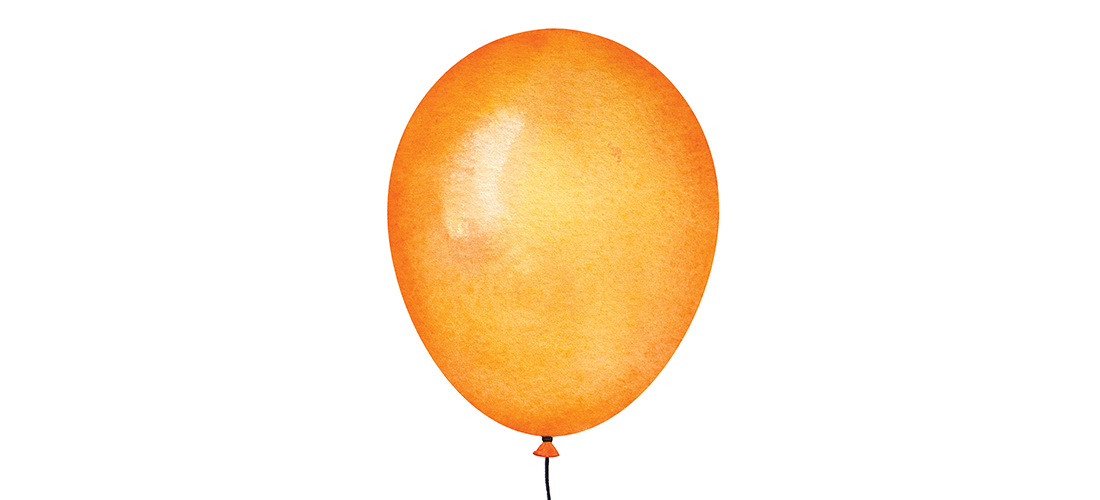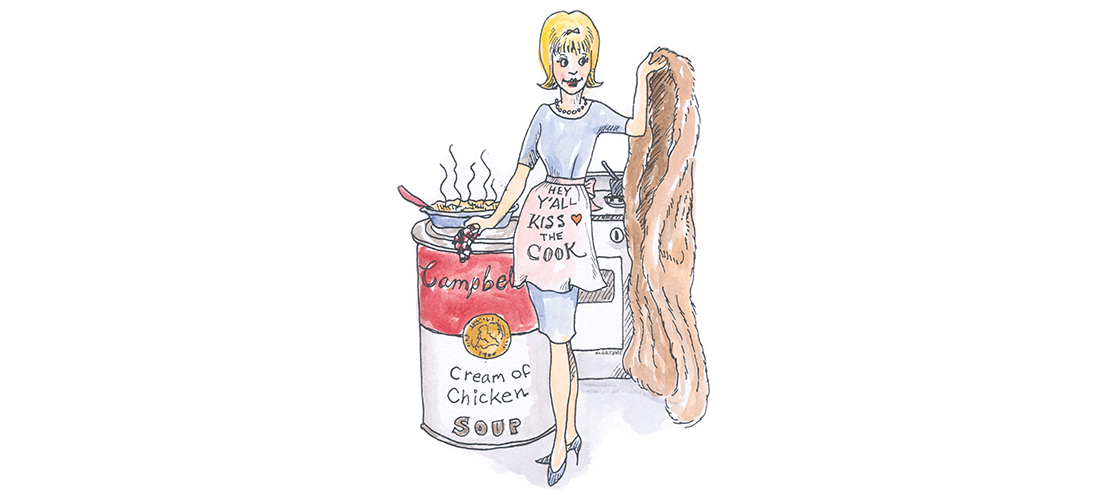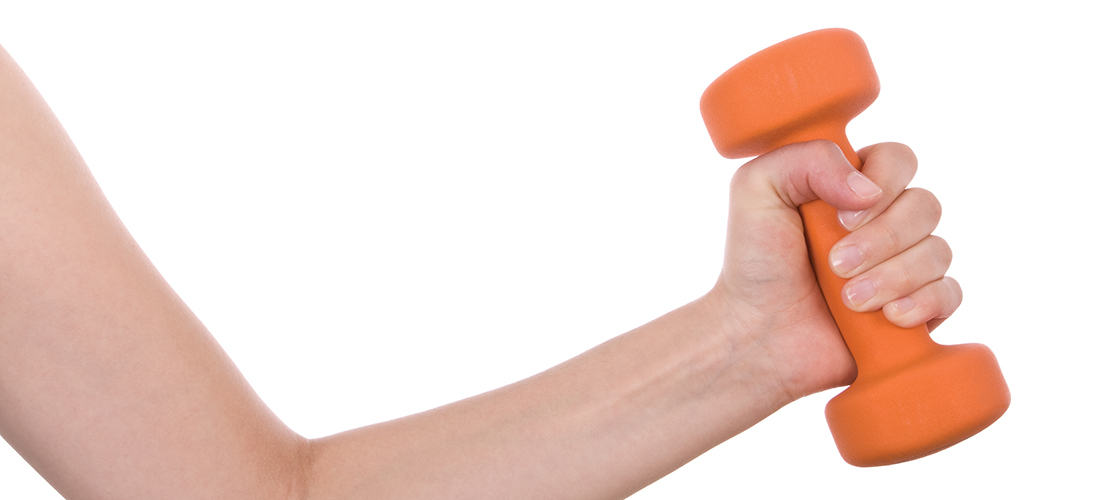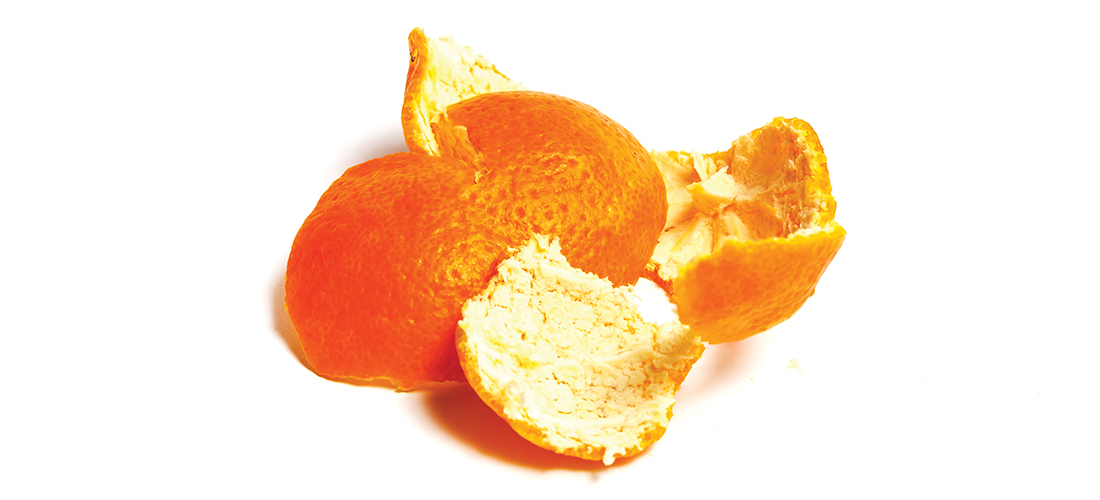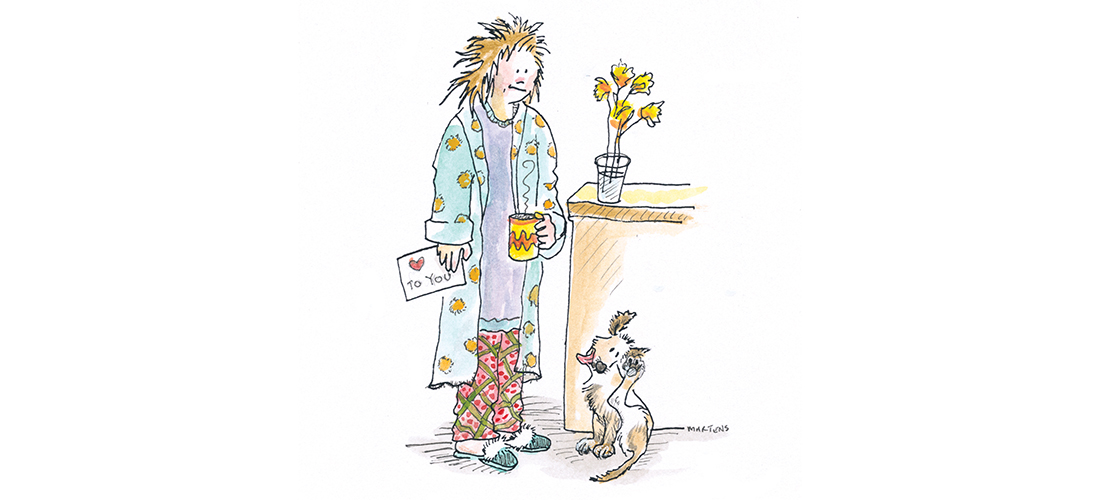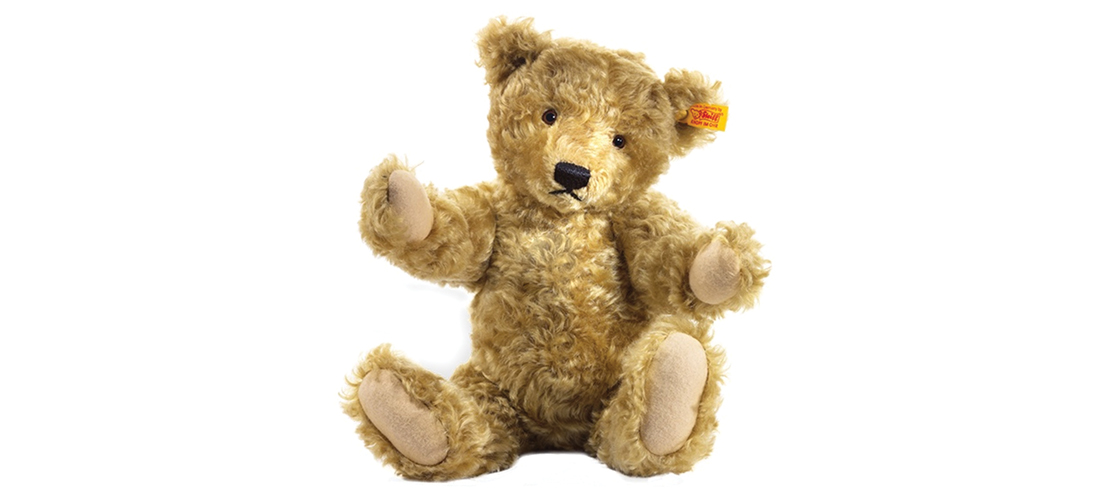True South
Dog Days of Winter
Because, well, outside dog
By Susan S. Kelly
You knew that sooner or later, there’d be a column on dogs. February may seem a strange choice, but when it comes to my dog — a black Lab named Babe — it’s appropriate, because February is a cold, dreary month, and I get a lot of grief about Babe because she’s always outside, no matter the weather. Listen, you strollers and walkers and joggers and drive-bys: She is an outside dog.
My husband and I had a knockdown drag-out about this years ago, with a different Lab, named Sis; so much so that I called the vet to find out the facts. “A Lab is made for cold weather,” he said. “They can go down to 2 degrees.”
We’ve tried, I promise. We’ve had the wooden doghouse, with the cedar shavings inside. We’ve bought the expensive plastic “Igloo” house, outfitted it with towels and more cedar shavings, pitched bones and peanut butter-coated chew toys inside. We’ve put a fluffy bed inside the tool shed, next to the water heater, and left the door open so she can come and go. We’ve tried dragging her indoors by her collar.
But . . . no dice. Babe has extreme canine FOMO. Babe is like Ariel in The Little Mermaid: She wants to be where the people are. The mailman. The UPS guy. The garbage men. The yard armies. And especially the dog walkers. They know her by name. They bring treats. They let their dogs off leashes so they can rodeo around the front yard with Babe. One dog walker, whose name I’ve never known, moved from the neighborhood but still drives over weekly and brings her French bulldog specifically to hang out with Babe.
Babe has more friends than I do. I have to give them Christmas presents. My husband’s daily walks with her around a six-block radius is so regular, making Babe so familiar, that when he’s out of town, and I’m left with the walking task, people stop and ask me if my husband is sick. Babe doesn’t want to go to the dog Hilton if we go out of town. Besides, a legion of neighborhood kids have depended on Babe’s needs for adolescent income.
Of course, having an outside dog, especially if the dog is a will-eat-anything Lab, has its problems. Collateral damage, if you will. The French drains, chewed to plastic bits, piled in the monkey grass? Dog. The screen door whose lower half is brown from fur dirt? Dog. The terrace furniture cushions, whose corners are raveled and spilling upholstery guts? Dog. The dirt clods scattered all over the driveway/front walk from a recent dig? Dog. The Pieris japonica shrub in death throes with a hollowed-out cavity at its root base? Dog, seeking shade from the summer sun. The multitude of slobber-encrusted, thread-dangling knotted ropes and bristle-bones and otherwise unrecognizable pet toys in the natural area/driveway/patio? Dog. Never mind the ruined hoses, which look like 20 yards of bubblegum to an outside dog. Because you can have a decent yard, or you can have an outside dog, but not both.
Same applies to packages. A neighbor called to report that the front yard was dotted with scraps of blue fabric and bubble wrap. That was my Rent-the-Runway dress for a black tie party. (Despite a dangling cap sleeve, I wore it anyway.) The teeth marks all over the $2-per-card stationery. The borrowed-and-returned books with no covers left on them — hardback and paperback. I need a delivery drone that aims for chimneys instead of doors. And if you are delivering, watch where you place your feet, because . . . dog. Go, Dog, Go. And they do. Anywhere. Everywhere.
Through five decades of dogs, I’ve always wanted one that, like Lassie, would put its head on my lap and do that “I love you” whine. I’ve finally got one. Babe is such a people-person dog that I can no longer sit on the (raveled, ruined) terrace furniture with a (coverless, chewed) book because she’s got her head in my lap, doing the “I love you” whine and jiggling my arm, and therefore my glass, and I’ve got a half-dozen wine-stained shirts to prove it. It’s been said before in this column but bears repeating: Be careful what you wish for.
Still, she’s perfectly happy to gobble down all my boiled peanut shells. She’s perfectly happy to gobble ice cubes, for that matter. And I have a yard full of birds who feel perfectly safe raising their young in my pyracantha and wisteria vines because Babe in the yard means no cats or snakes in their nests.
You know those T-shirts that say my parents went to wherever and all I got was this lousy T-shirt? My Master of Fine Arts cost $20,000 and the only thing I really learned or remember is this advice from a Pulitzer Prize-winning professor: No one wants to read about dreams, dogs, or how you lost your virginity.
Well. Two out of three’s not bad.
By the way, did you accidentally drop your white, knitted toboggan in my yard? Here it is, resembling Swiss cheese. Because . . . (outside) dog. OH
Susan S. Kelly is a blithe spirit, author of several novels, and a proud grandmother.


